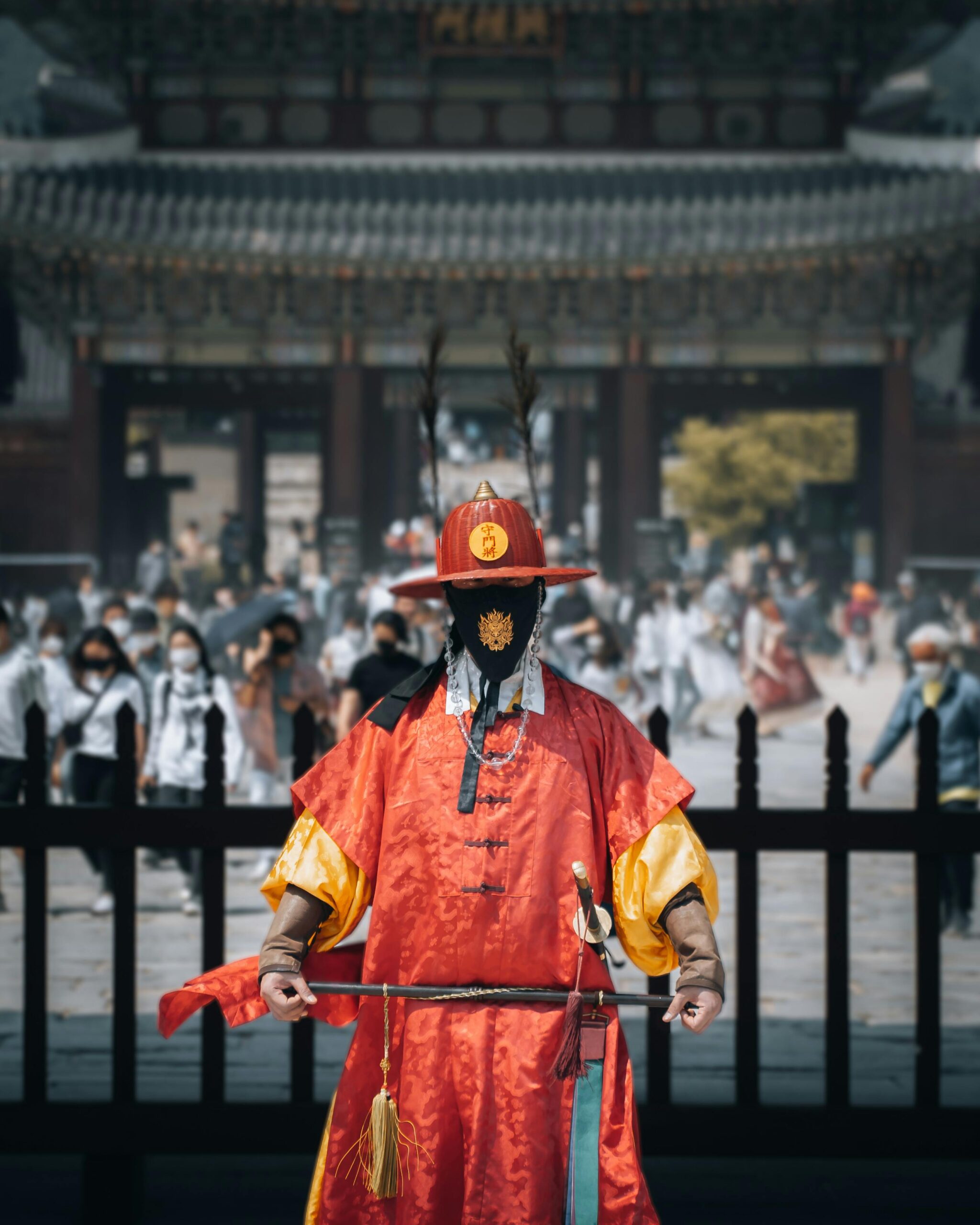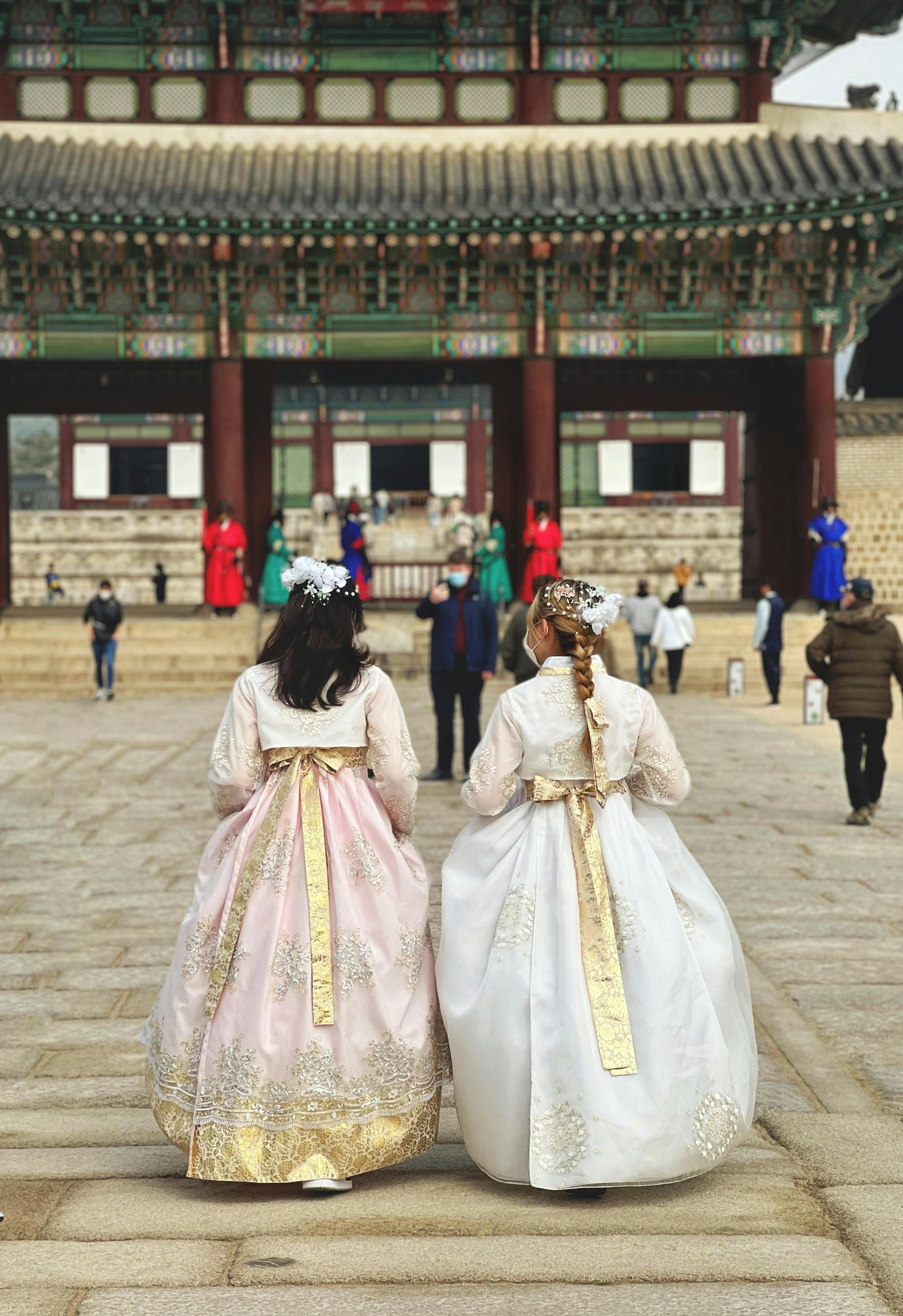Physical Address
304 North Cardinal St.
Dorchester Center, MA 02124
Physical Address
304 North Cardinal St.
Dorchester Center, MA 02124

Welcome to a curious journey into the heart of South Korea‘s unique economic culture, where the ‘Korean Money Bug‘ is a term that has been buzzing around with increasing curiosity. But what exactly is this phenomenon that has captured the attention of locals and foreigners alike? In essence, the Korean Money Bug refers to an intense drive for financial success and the relentless pursuit of wealth that has become embedded within South Korean society.
South Korea’s remarkable journey from the rubble of the Korean War to a leading economic force known as the “Miracle on the Han River” is a testament to its strategic economic policies. This transformation was driven by a focus on industrialization, export-oriented policies, and education. Government-led five-year development plans and a strong emphasis on technology and manufacturing fueled rapid growth, setting a stage for the cultural and economic ambitions we see today.
As someone who has experienced life on both sides of the pond, I’ve watched the concept evolve from a mere buzzword into a defining trait of modern Korean ethos. It’s not just about the money; it’s about the hustle, the innovation, and the tireless work ethic that South Koreans pour into their endeavors. Whether it’s the booming tech industry, the competitive world of K-Pop, or the high stakes in educational achievement, the Money Bug is at the core, driving people to strive for prosperity and success.
Throughout this article, we will delve deeper into its origins, its impact on daily life and the economy, and how it shapes the dreams of the nation’s people. Anything to add to this? Let us know using the contact form.

In South Korea, money is more than just a means to an end; it’s a reflection of deep cultural values and a ladder to social status. The cultural significance of money in this nation is rooted in its rapid economic development, known as the ‘Miracle on the Han River.’ From the ashes of the Korean War, South Korea has risen to become a global economic powerhouse, and this history has deeply influenced how money is viewed within the society.
Confucian principles, which have long been a part of Korean culture, emphasize the importance of hard work, education, and filial piety. These values translate into a collective drive for financial stability and success, which is seen as a way to honor one’s family and contribute to society. It’s common for South Koreans to invest heavily in their children’s education, with the belief that academic achievements are a direct pathway to securing a prosperous future.
The influence of Confucianism is evident in the workplace, where emphasis on loyalty, group harmony, and respect for hierarchy is prevalent. These principles manifest in business practices that value collective success over individual achievements. Long-term relationship-building, often seen in enduring business partnerships and familial enterprise structures, underscores the depth of Confucian values in daily economic life.
The importance of money is also evident in social interactions. The act of giving and receiving money during holidays and special occasions is not just a transaction but a ritual that strengthens relationships and conveys respect. Furthermore, financial success is often celebrated and admired, with society holding high regard for those who have achieved wealth through their efforts, often elevating them to celebrity status.
Understanding this cultural context is essential to grasp the full scope of the Korean Money Bug. It’s a symbol of aspiration and resilience, deeply interwoven with the fabric of South Korea’s identity, influencing not only the economy but the very dreams and goals of its people.

The term ‘Korean Money Bug’ may evoke images of a mystical creature or an urban legend whispered amongst traders and businessmen. In reality, it is a colloquial phrase that has captured the collective imagination of South Koreans, representing the nation’s intense focus on wealth accumulation and economic success. As a bicultural narrator, I’ve seen how this term can be misinterpreted by outsiders who are not familiar with the local vernacular and its nuanced meanings.
One might think that the ‘Korean Money Bug’ refers to a financial scheme or a literal insect causing economic havoc, but these are simply myths. The reality is much less dramatic, yet equally compelling. The ‘bug’ metaphorically signifies the infectious and relentless drive that Koreans have towards making money and prospering financially. It’s a cultural phenomenon that has both positive and negative connotations, depending on one’s perspective.
On one hand, the ‘bug’ is credited with fostering a strong work ethic and competitiveness that propels individuals and businesses to innovate and excel. On the other hand, it can also be associated with the excessive pressures of a work-intensive lifestyle that often leads to burnout and societal issues such as the ‘ppalli-ppalli’ (hurry-hurry) culture, where speed and efficiency are prized above all else, sometimes at the expense of personal well-being.
South Korean workers frequently endure lengthy hours, with reports indicating averages surpassing other OECD nations. Recent surveys highlight a growing shift in attitudes, with many advocating for “work smarter, not harder” approaches. Efforts like the “52-hour workweek” law aim to curb excessive work hours and emphasize mental health. These initiatives reflect a societal pivot towards balancing rigorous professional demands with personal well-being.
The ‘Korean Money Bug’ is, therefore, a complex and multifaceted concept, reflecting both the aspirations and the challenges faced by modern South Korean society. It is a term that encapsulates the country’s economic ambitions, as well as the societal dynamics that come with rapid growth and change.

The ‘Korean Money Bug’ is not just a cultural idiom; it has tangible implications for the South Korean economy. Korea’s rapid transformation from a war-torn nation to an economic powerhouse is often attributed to this relentless drive for financial success. The ‘bug’ has been a catalyst for innovation and development, pushing individuals and corporations to pursue growth aggressively.
South Korea‘s chaebols, or family-run conglomerates, are perfect examples of the ‘Korean Money Bug’ at work. Companies like Samsung, Hyundai, and LG have become global leaders in their respective fields, driven by a combination of government support and an internal push for constant progress and expansion. Their success stories have fueled economic growth, but also raised concerns about economic disparity and the concentration of wealth and power.
Chaebols like Samsung and Hyundai epitomize the spirit of the ‘Korean Money Bug’ through their relentless pursuit of innovation and expansion. These family-controlled conglomerates play a pivotal role in the national and global economy. However, their dominance raises questions about economic inequality and market competition. Critics argue that their growth has sometimes led to disparities in wealth distribution and market entry barriers for smaller enterprises.
The drive for financial achievement has also spurred the growth of small and medium-sized enterprises (SMEs), which are essential to the Korean economy. These businesses embody the ‘Korean Money Bug’ through their entrepreneurial spirit and resilience, often navigating through competitive markets and technological advancements to establish their foothold.
However, the quest for economic prosperity has its downsides. The intense competition and long work hours have led to social issues such as high levels of stress, a declining birth rate, and a rapidly aging population. These challenges require careful policy considerations to ensure that the benefits of economic growth do not come at an unsustainable social cost.
In essence, the ‘Korean Money Bug’ has been both a boon and a burden for South Korea. It has been instrumental in the country’s economic achievements, but it has also highlighted the need for a more balanced approach to work and life that can sustain the nation’s prosperity in the long term.
During my return to Seoul, the ‘Korean Money Bug’ presented itself in various personal experiences, subtly revealing its pervasive presence. I observed its influence among friends hustling for the next big startup idea, or in the determination of street vendors lining the bustling markets of Myeong-dong, each embodying the spirit of this cultural phenomenon.
One particularly memorable encounter occurred at a local ‘PC bang’ (internet café), where I met a group of young entrepreneurs discussing venture capital for their online business. Their eyes burned with ambition, a clear sign of the ‘Korean Money Bug’ at work. They were willing to endure long hours and sacrifice personal time in pursuit of their financial dreams.
Conversations with family members also echoed this sentiment. My uncle, who runs a small family-owned restaurant, shared stories of his relentless pursuit of perfection in his business, reflecting the tireless work ethic and drive for financial stability that the ‘Korean Money Bug’ instills.
Even in social settings, the topic of financial success frequently surfaced, with discussions about property investments and stock market strategies being commonplace. It was evident that the ‘Korean Money Bug’ had bitten not just the ambitious or the entrepreneurial, but had become a shared aspiration for many, striving towards financial betterment in their everyday lives.
These personal encounters with the ‘Korean Money Bug’ provided me with a nuanced understanding of its role in shaping the attitudes and behaviors of individuals in South Korea. It is a complex interplay between cultural values and economic ambition that continues to influence the social fabric of the country.

As I’ve navigated through the dynamic streets of Seoul and interacted with its diverse inhabitants, the ‘Korean Money Bug’ has revealed itself to be more than a mere chase for wealth; it’s a reflection of South Korea‘s rapid economic development and the societal pressures that accompany it. In today’s society, the ‘Bug’ represents a collective drive for innovation and economic progress that is deeply rooted in the country’s history and its remarkable transformation from war-torn poverty to a high-tech powerhouse.
Seeing young professionals fervently invest in their education and career development illustrates the modern manifestation of the ‘Korean Money Bug.’ It’s a societal pulse, pushing individuals to excel and compete on the global stage. The prevalence of ‘gig economy’ jobs and the rising interest in cryptocurrencies among the youth are contemporary expressions of this phenomenon, highlighting a shift in how financial success is pursued and achieved.
The younger generation in South Korea is redefining success, moving beyond traditional markers like financial prosperity. There’s a burgeoning interest in fields fostering creativity and entrepreneurship. This shift is reflected in the rise of startups and tech-driven ventures that focus on innovation. The emergence of co-working spaces and tech incubators reveals a desire to achieve a balanced life that values personal fulfillment as much as professional success.
The ‘Korean Money Bug’ also sheds light on the evolving dynamics of work-life balance in South Korea. With a culture traditionally emphasizing hard work and long hours, there’s now a growing conversation about the importance of personal well-being and happiness. This cultural shift suggests that while the ‘Bug’ continues to influence, there’s a conscious effort to redefine prosperity beyond financial gains alone.
Anything to add to this? Let us know using the contact form.
In essence, understanding the ‘Korean Money Bug’ in today’s society requires us to look at the interconnection between cultural heritage, economic ambition, and the changing values of the Korean people. It’s a complex tapestry that continues to evolve, shaping and being shaped by the society that hosts it.